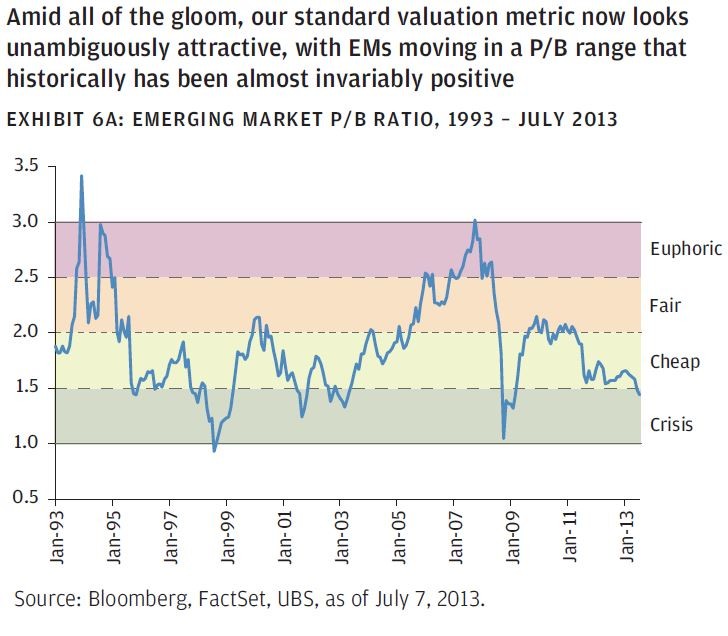Small Stock Funds Win Big In Emerging Markets Mutual Fund Observer Discussions
Post on: 26 Май, 2015 No Comment

FYI: Copy & Paste 5/17/14: Lewis Braham Barron’s:
Regards,
Ted
If you’re an investor who missed out on buying shares of the Wasatch Emerging Markets Small Cap fund before it closed in 2012, it’s OK to be jealous. The fund (ticker: WAEMX) has delivered a stunning 20.4% five-year annualized return, nearly double the average emerging-markets fund’s 10.5% and better than any of its peers.
Nor is Wasatch alone. A number of other strong performers in the same space have also closed to new investors. William Blair Emerging Markets Small Cap Growth (WESNX) closed in 2013 after less than two years of operation. And Grandeur Peak Emerging Markets Opportunities (GPEOX)—run by former Wasatch fund managers—closed in less than three months this March, with about $200 million.
Why is the sector attracting so many investors? Aside from the boffo returns, there’s a practical aspect. When you invest in giants like Korea’s Samsung, you’re not getting much emerging-markets exposure. If you look at the largest 10 emerging-market companies, they derive, on average, only 20% of their revenues from their local economies, and everything else is from exports, says Julie Dickson, co-manager of the Ashmore Emerging Markets Small-Cap Equity fund (ESCIX).
IN FACT, EMERGING-MARKET small-caps have provided a trifecta of desirable features for investors—higher returns, less volatility, and more diversification than their large-cap brethren.
Over the past decade, the MSCI Emerging Markets Small Cap Index has produced a 12.3% annualized return, compared with 11.1% for the MSCI’s large-cap emerging index. Its annual volatility has been 20.9%, versus large-caps’ 21.8%. And its correlation to the MSCI World Index for developed-market stocks has been 77% compared with large-caps’ 81%. So, it’s been better on all three counts.
One reason small emerging-market companies frequently perform so well is that they are often run by their founders and are family-owned, says Philippe Langham, manager of the RBC Emerging Markets Small Cap Equity fund (RSMAX). There is clear evidence that family businesses have consistently delivered superior growth and cash flows, he observes. Such companies often have large insider ownership because they have so much family money invested. That incentivizes CEOs to do well, aligning their interests with those of shareholders.
ALTHOUGH WASATCH IS CLOSED, good funds remain available. Among them, Driehaus Emerging Markets Small Cap Growth (DRESX) seems promising. Its has produced a remarkable 21.1% annualized return since its inception as a limited partnership in December 2008. One unusual strength of this fund is that it can hedge against downturns. That has allowed it to lose only about half as much as its MSCI benchmark during down days.
If Driehaus has a weakness, it’s that the fund has only three analysts and two managers covering the entire globe. You need a deep bench of analysts, says Fritz Kaegi, manager of the Columbia Acorn Emerging Markets fund (CAGAX), which has 10 investment personnel. There are thousands of small companies, and you want to have analysts meet with those companies. Although Acorn’s fund was launched in August 2011, members of its team have managed some $2 billion in emerging-market small-cap money for the Columbia Acorn International fund (ACINX) since 2003. That fund has delivered a 12.6% 10-year annualized return, besting 89% of its international small-cap growth-fund rivals.
If researching managers seems to be too much trouble, you could buy an exchange-traded fund, such as the SPDR S&P Emerging Markets Small Cap (EWX). But taking time to find the right manager could pay off. Because emerging-market small-caps are so poorly covered by Wall Street, there are ample opportunities for good money managers to exploit. The SPDR ETF has produced only an 11.4% five-year annualized return. Compared with Wasatch’s and Driehaus’s numbers, that’s nothing.














